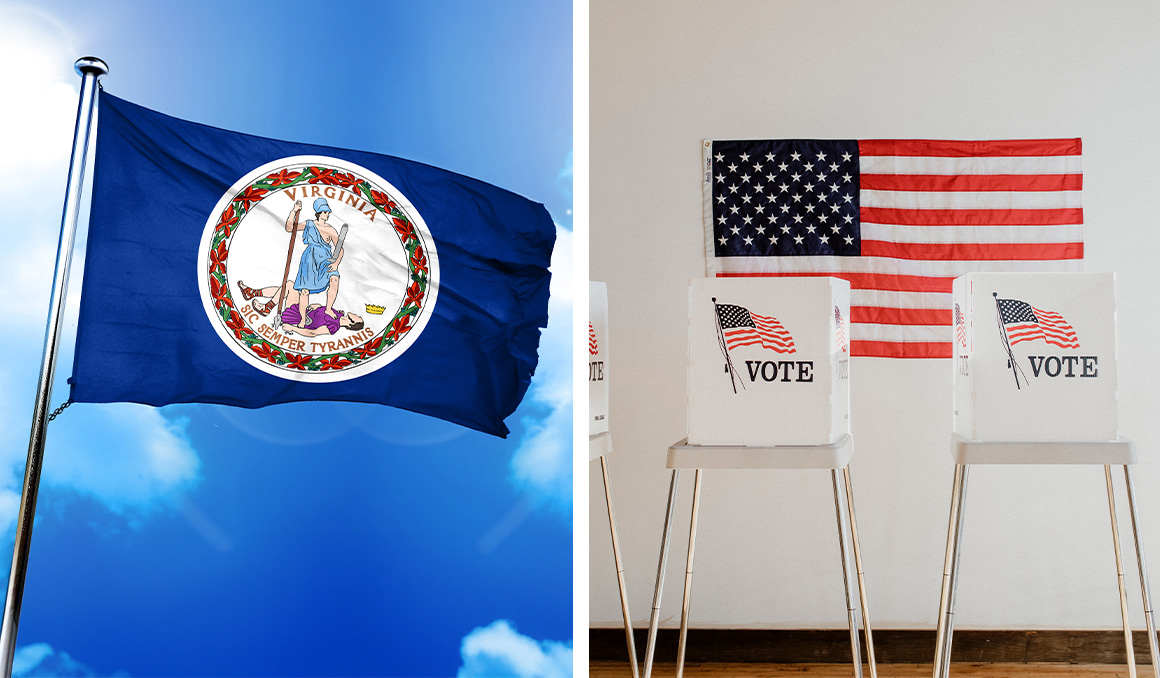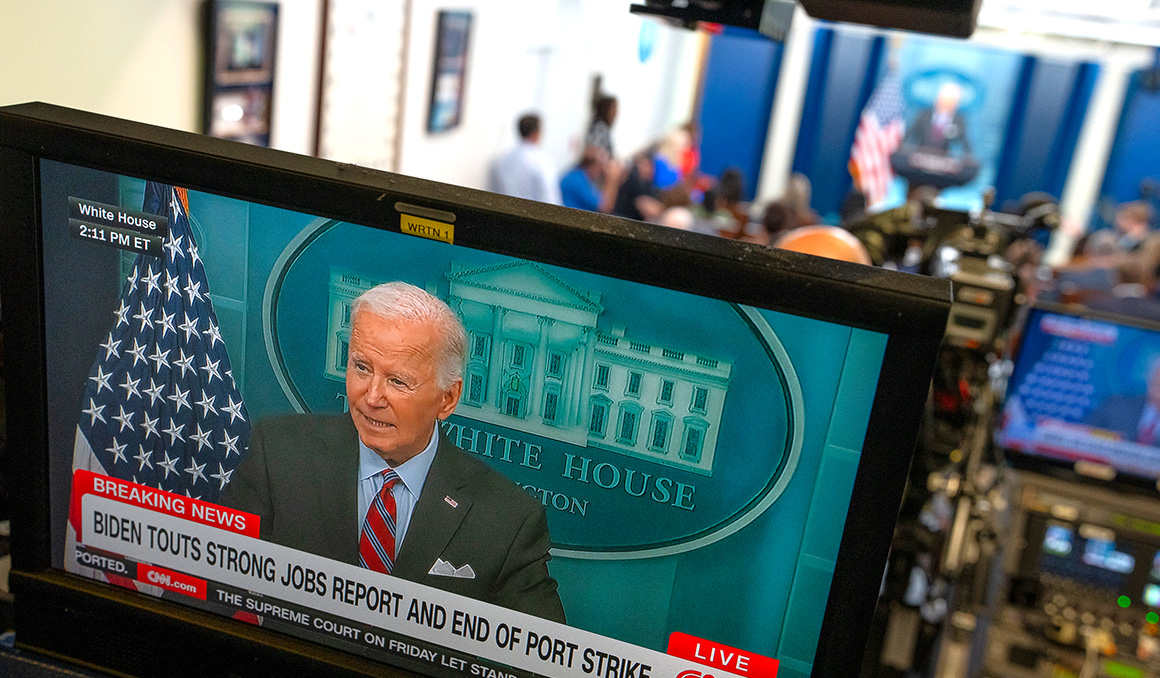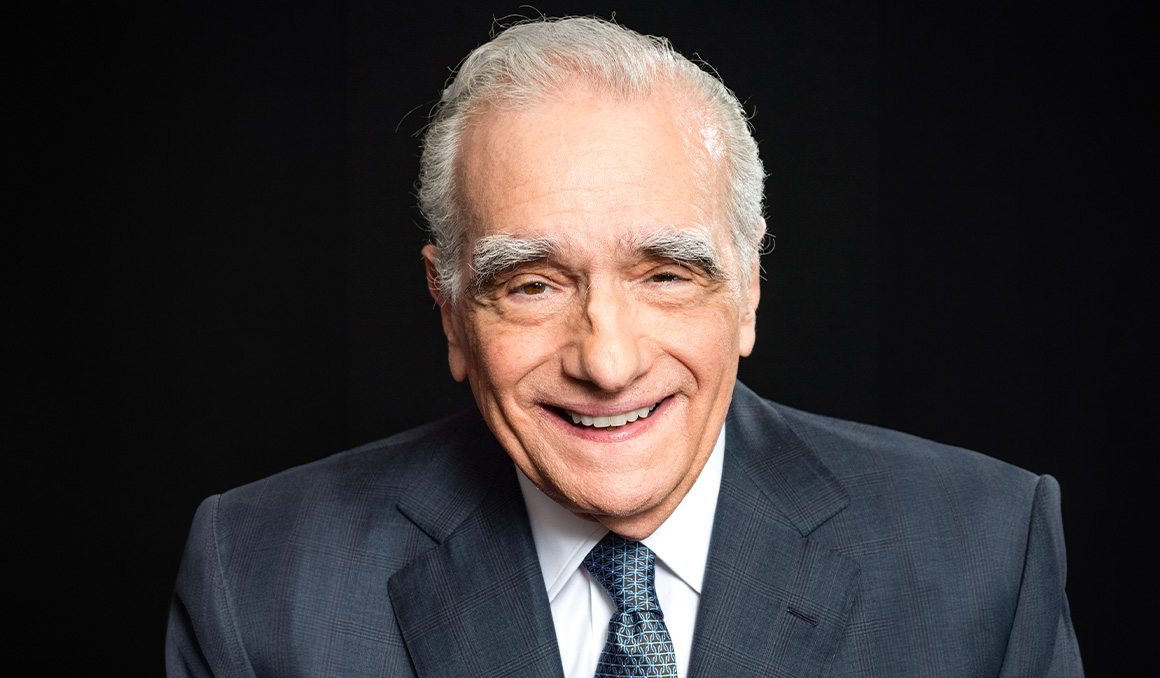CV NEWS FEED // Vatican commentator George Weigel has drawn hope from the strong resistance to the “progressive agenda” of Synod leaders, which he saw play out in Rome this past month.
In his recent article for First Things, “Overhyped, Overmanaged, Underwhelming—and Providentially Heartening,” the Catholic theologian offered a sharp critique of the recently concluded Synod on Synodality. The month-long event, Weigel argued, highlighted ongoing tensions between those holding to Catholic tradition and advocates of a liberal progressive agenda.
He identified three primary flaws in the Synod: it was “overhyped,” “overmanaged,” and, ultimately, “underwhelming.” In his article, he referred back to foundational ecclesiological teachings from the Second Vatican Council, such as those in Lumen Gentium, which presented a Christ-centered view of the Church.
Weigel lamented that these teachings had been notably downplayed or even absent in the Synod discussions. He remarked that, to an outsider, “the only two ‘actors’ in the Catholic Church were bishops and women, locked in a constant struggle for power,” reflecting how discussions focused more on contemporary governance than on the Church’s theological foundation as the Mystical Body of Christ.
Weigel argued that the Synod’s claims of openness and transparency were largely illusory, calling them “nonsense.” According to him, the consultations leading up to the Synod engaged only a tiny fraction of Catholics worldwide.
He observed that heavily managed small-group discussions limited the true exchange of diverse perspectives. He also noted that most of the appointed Synod members came from what he termed the “Catholic left,” which skewed the dialogue in favor of certain agendas while sidelining voices of traditional orthodoxy, especially those supporting classic teachings on issues like sexuality and Church hierarchy.
Weigel also took issue with the media narrative that portrayed the Synod as historic or revolutionary, mentioning how some commentators likened it to the monumental changes of the Second Vatican Council.
Dismissing this comparison as “nonsense,” he pointed out that other gatherings, such as World Youth Days or the Extraordinary Synod of 1985, had had a more meaningful and lasting impact on Catholic life. He argued that the Synod on Synodality ultimately failed to inspire significant spiritual or theological renewal and that its long-term legacy might be minimal.
>> NO PAPAL DOCUMENT TO FOLLOW SYNOD, MAGISTERIAL VALUE GRANTED TO FINAL DOCUMENT <<
Among the most controversial points of the Synod was the question of ordaining women to the diaconate. According to Weigel, expectations were artificially raised around this topic. Calling it “a non-starter theologically,” he referred to Pope John Paul II’s 1994 apostolic letter Ordinatio Sacerdotalis, which states that the Church does not have the authority to ordain women to the priesthood, thereby ruling out the possibility of women deacons.
Despite this, Weigel noted, pressure from some Church factions and liberal Catholic media led to persistent discussions on the topic, creating a divisive atmosphere rather than fostering unity. As Weigel put it, “All this Sturm und Drang deepened divisions rather than fostering Catholic unity, even as the urgent question of how the Church might better deploy the Spirit-given gifts of women was shelved or diverted into discussions of bureaucratizing women at chancery and curial desks.”
Weigel also argued that the Church’s more conservative voices were notably absent from the Synod, such as representatives advocating for traditional Catholic teachings in the priesthood, religious life, education, marriage, and health care.
“Where were the voices of happily married couples who are living the Church’s ethic of human love and transmitting it to their children?” he asked pointedly.
Where was the voice of the persecuted Church in China (as distinguished from the voice of regime-subservient Catholics in thrall to the Chinese Communist Party, represented at Synod-2024 by two bishops personally appointed by the pope)?
Where were the voices of Catholic educators at all levels, who are challenging the wokery that is corrupting education throughout the Western world?
“These voices would have added immeasurably to a truly catholic conversation about the Catholic future,” Weigel declared. “It is a tragedy that they were excluded, and one has to wonder if that was by design.”
Lamenting a “prejudice in favor of progressivist views” at the Synod, Weigel observed that, while voices from the Church’s vibrant, growing communities in Africa and Asia were largely sidelined, “appointed Synod members, by contrast, were, with a few exceptions, drawn from the Catholic left, thus skewing the Synod’s demographics in a particular ideological direction.”
>> WEIGEL: YOUNG CATHOLICS DISINTERESTED IN CHURCH’S ‘HOT-BUTTON ISSUES’ <<
In contrast to what he saw as the failures of the Synod, Weigel found a glimmer of hope in what he termed the “providentially heartening” outcomes as he continued his reflection in First Things. He said he believed that the Synod underscored the strength and resilience of traditional Catholicism, even as progressive factions sought to advance their vision of the Church.
“It has decisively clarified the fact that, despite the thirty-five years of brilliant magisterium created by John Paul II and Benedict XVI, there remain significant voices within the Church promoting the theological, moral, and pastoral agenda of Catholic Lite,” Weigel wrote.
He continued:
In the debate over the Catholic future, all the cards are now out on the table—and it is clear which hands are playing which cards. That the dying parts of the world Church are those who remain committed to the Catholic Lite agenda and its absorption of the spirit of the age has been made unmistakably clear. And while some may find it strange, even bizarre, that this process has been led by men and women from rather moribund parts of the world Church, others, arguably more prescient, have found this usefully clarifying, too.
That the Catholic Lite agenda at Synod-2024 — the affirmation of the teaching authority of national bishops’ conferences, the endorsement of a female diaconate understood as part of Holy Orders, the LGBTQ+ program, proportionalist moral theology that dumbs down the moral life — did not gain anything resembling consensus, even in a Synod as carefully arranged and managed as this one, can only be, as one bishop said, the work of the Holy Spirit.
Weigel attributed the resistance to the Synod leaders’ progressive agenda to the breaking of a bond of trust in the Church due to the promulgation of Fiducia supplicans, permitting the blessing of same-sex couples. He noted that since then the African bishops have been especially vocal in affirming Catholic sexual morality, and that they were clearly emboldened at this year’s Synod meetings.
Weigel argued that the bond of trust between bishops throughout the Church and Rome “had begun to fray when Pope Francis’s 2016 apostolic exhortation Amoris Laetitia went beyond the consensus at Synod-2015 on the reception of Holy Communion by Catholics in canonically irregular marriages.”
Weigel argued that, consequent to Fiduci supplicans, the “wound” of broken trust “was deepened when the defenders of Fiducia Supplicans went full Hillary Clinton and painted the declaration’s critics as so many retrograde deplorables.”
“More than one churchman said to himself, ‘Enough of this autocracy is enough.’ And in part because of that, there was far more pushback to the progressive agenda at Synod-2024,” Weigel wrote.
Ultimately, Weigel said he saw the Synod as a pivotal moment for the Church to reaffirm its commitment to orthodox teachings and resist the “temptation to deny the truth and binding authority of divine revelation.”
By contrast, he cautioned against yielding to the spirit of the age, noting that such accommodation has historically led to internal conflict and weakened the Church’s ability to spread the Gospel effectively.


 By CatholicVote | Created at 2024-10-30 22:41:04 | Updated at 2024-10-31 01:26:11
2 hours ago
By CatholicVote | Created at 2024-10-30 22:41:04 | Updated at 2024-10-31 01:26:11
2 hours ago



